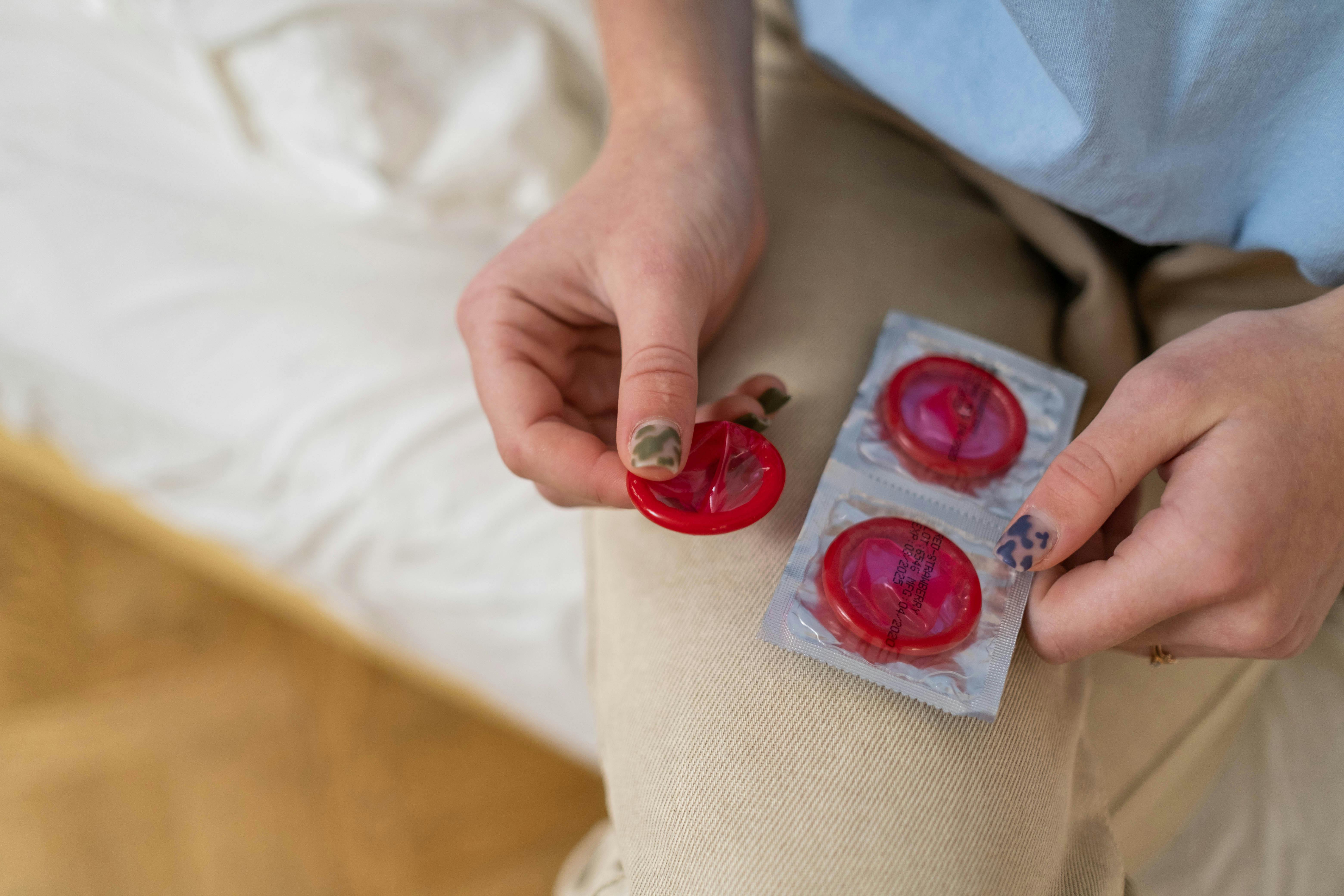By Tammy Gee - BANT registered nutritionist, Seven Colours of Nutrition
Skin Microbiome and menopause

Exploring the Skin Microbiome and Menopause
Your body is home to trillions of micro-organisms called your microbiome. These microbes influence our immune system, our digestion, our metabolism and in a healthy individual they peacefully co-exist and benefit the daily functions our body has to perform.When thinking about your microbiome you may think about your gut however, these microbes live inside and outside of our body and the skin microbiome plays an important part in your health too. During menopause you may notice changes or experience symptoms that are connected to your changing hormones and the effect they have on the skin microbiome.1
The Catalyst to change
The skin is not just a protective barrier; it's a vibrant ecosystem teeming with a healthy bustling community of microorganisms known as the skin microbiome. These microscopic inhabitants play a crucial role in maintaining skin health and overall well-being. However, as oestrogen changes through menopause, this delicate balance can be disrupted therefore we need to be kinder to our skin.
Reduced oestrogen often correlates with reduced collagen production which is important for maintaining skin thickness and hydration2. This alters the skin's environment and in some cases may promote the growth of harmful bacteria while diminishing beneficial ones.
The reduction in oestrogen levels can also lead to decreased sebum production, disrupting the skin's natural protective barrier and making it more prone to irritation and inflammation3. Additionally, changes to the skin microbiome may exacerbate conditions such as acne, eczema, and rosacea.
These changes may be the reason behind various skin problems commonly associated with menopause, including dryness, thinning, increased skin reactions and susceptibility to infections.
How can we help our skin during menopause?
Understanding the intricate relationship between the skin microbiome and menopause is crucial for supporting skin health and reducing the impact of skin sensitivity or a range of dermatological issues that may appear during menopause.
1. Keep it Natural
The textiles and fibres that we choose within our clothing, especially our lingerie, is an important consideration for the health of our skin microbiome. The pH, breathability and the microbiome of the textile is considered a potential factor in various types of skin disorders.What we put next to our skin has an immediate impact on the skin microbiome and so using natural fibres is an essential part of supporting skin issues relating to menopause. Materials such as natural silk and pima cotton within the JulieMay lingerie range supports breathability and reduces irritation.

VALENTINA - SILK BACK SUPPORT FULL CUP NON WIRE ORGANIC COTTON BRA
2. Reduce irritants
Textiles are often treated with chemicals during processing or after manufacture for various chemical finishes such as crease-resistance, fire-resistance, anti-static or anti-microbial properties.These chemical compounds may be harmful for our skin microbiome and increase the risk of inflammatory reactions. Choose clothing that is free from harmful chemicals and marked as allergy friendly products. JulieMay lingerie is certified by Allergy UK as all products are allergy friendly.

PASSION RED - LACE ORGANIC COTTON & SILK BRALETTE
3. The gut and the skin are connected
Research shows that the health of the gut microbiome influences the skin microbiome and so nutrition that positively influences the gut has a positive effect on skin health.BANT registered nutritionist Tammy Gee specialises in menopause at Seven Colours of Nutrition . Tammy recommends probiotic and prebiotic foods for the beneficial effects on the gut microbiome, therefore improving the skin microbiome.
“Including probiotic foods in your diet has a positive impact on your gut microbiome therefore improves the health of your skin. Probiotics include sauerkraut, kefir, kombucha, kimchi and yoghurt, try to include one of these foods everyday.Don’t forget to also include a wide variety of colourful plant foods - fruit, veg, nuts, seeds, pulses, legumes and herbs. These are the prebiotic foods which fuel our gut microbes and encourage a diverse range of beneficial bacteria strains.”Menopause can be a time of unexpected changes where we can react to foods, clothes, cosmetics even when we have not reacted in the past. Caring for our skin microbiome is a great place to start to support menopause skin issues and optimise our general immune health long term.
For a personalised consultation with Tammy, head to www.sevencoloursofnutrition.co.uk and use code JM20 for 20% off


Caring for your gut is caring for your skin
1. Pagac, M.P., Stalder, M. and Campiche, R. (2023) ‘Menopause and facial skin microbiomes: a pilot study revealing novel insights into their relationship’ Frontiers of aging, 21(5) https://doi: 10.3389/fragi.2024.1353082
2.Raine-Fenning, N.J. et al. (2003) ‘Skin aging and menopause: implications for treatment’ American Journal of Clinical Dermatology, 4 (6) https://doi: 10.2165/00128071-200304060-00001
3.Kendall, A.C. et al. (2022) ‘Menopause induces changes to the stratum corneum ceramide profile, which are prevented by hormone replacement therapy’ Scientific Reports, 12 https://doi:10.1038/s41598-022-26095-0
4. Mahmud, M.R. et al. (2022) ‘Impact of gut microbiome on skin health: gut-skin axis observed through the lenses of therapeutics and skin diseases’ Gut Microbes, 41(1) https://doi10.1080/19490976.2022.2096995





